Stellantis Idles Plants In Toledo and Kokomo, Due To UAW Strike
Ripple Effects Of What Is Going On At Toledo Assembly Complex...
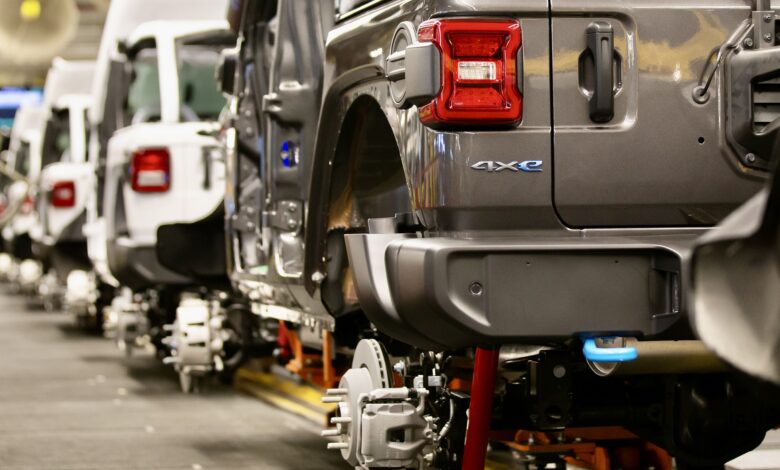
The United Auto Workers (UAW) and Detroit’s Big-3 automakers face a critical juncture in contract negotiations as they approach the final day for substantial progress before the union signals an expansion of its U.S. strikes.

This standoff raises concerns about prolonged industrial action, potentially disrupting production and sending ripples through the supply chain, which could impact U.S. economic growth.
Last week, UAW initiated unprecedented simultaneous strikes at key assembly plants of General Motors (GM), Ford, and Stellantis.
GM responded by idling its Fairfax Assembly Plant in Kansas City, Kansas, due to the strike at GM’s Wentzville Assembly Plant in Missouri, as metal stampings from Wentzville are crucial for Fairfax operations. This domino effect prompted GM to state its disappointment in the UAW’s decision.
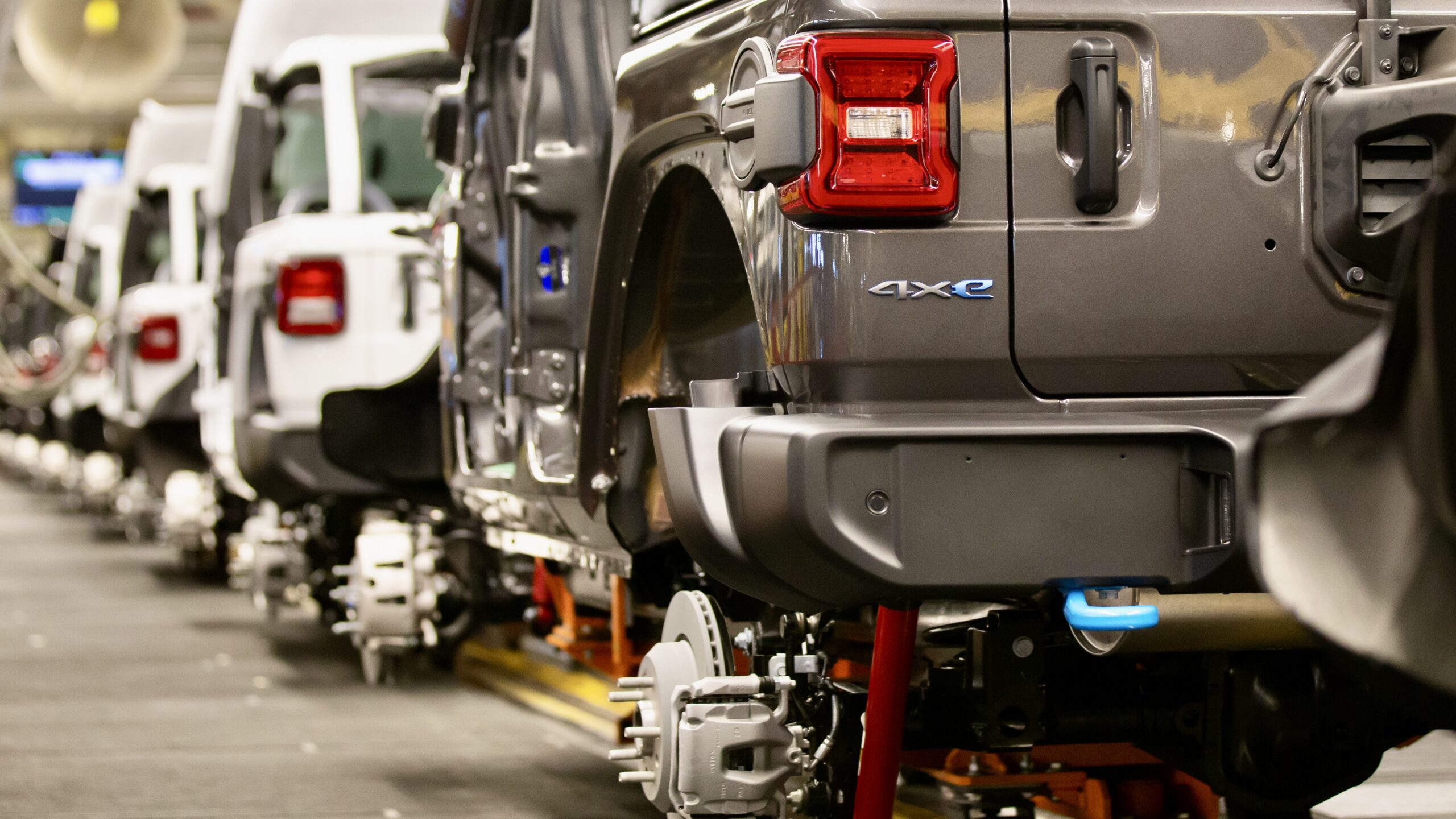
Stellantis announced temporary layoffs of 68 employees in Ohio and expected another 300 furloughs in Indiana due to the UAW strike at the Toledo Assembly Complex, which produces the hot-selling Jeep® Wrangler (JL) and popular Jeep Gladiator (JT). The ripple effects extended to other facilities like Toledo Machining Plant in Ohio and Kokomo Transmission and Casting in Indiana, affecting approximately 300 more employees.
UAW President Shawn Fain warned of an impending strike expansion if substantial progress isn’t made, indicating the union’s determination.

In a show of solidarity, UAW workers planned a rally at one of Ford’s Louisville, Kentucky, assembly plants. The city hosts both Ford’s Louisville assembly plant and its Kentucky truck plant, with the latter being highlighted by Ford CEO Jim Farley as the company’s most profitable global facility, responsible for assembling F-Series trucks.
Industry analysts anticipate that plants producing high-margin pickup trucks (e.g., Ford’s F-150, GM’s Chevy Silverado/GMC Sierra, and Stellantis’ Ram 1500) could become the next focal points if the strike persists.
Fain criticized the automakers for not adequately sharing their substantial profits with workers, alleging that executives and investors have disproportionately benefited.
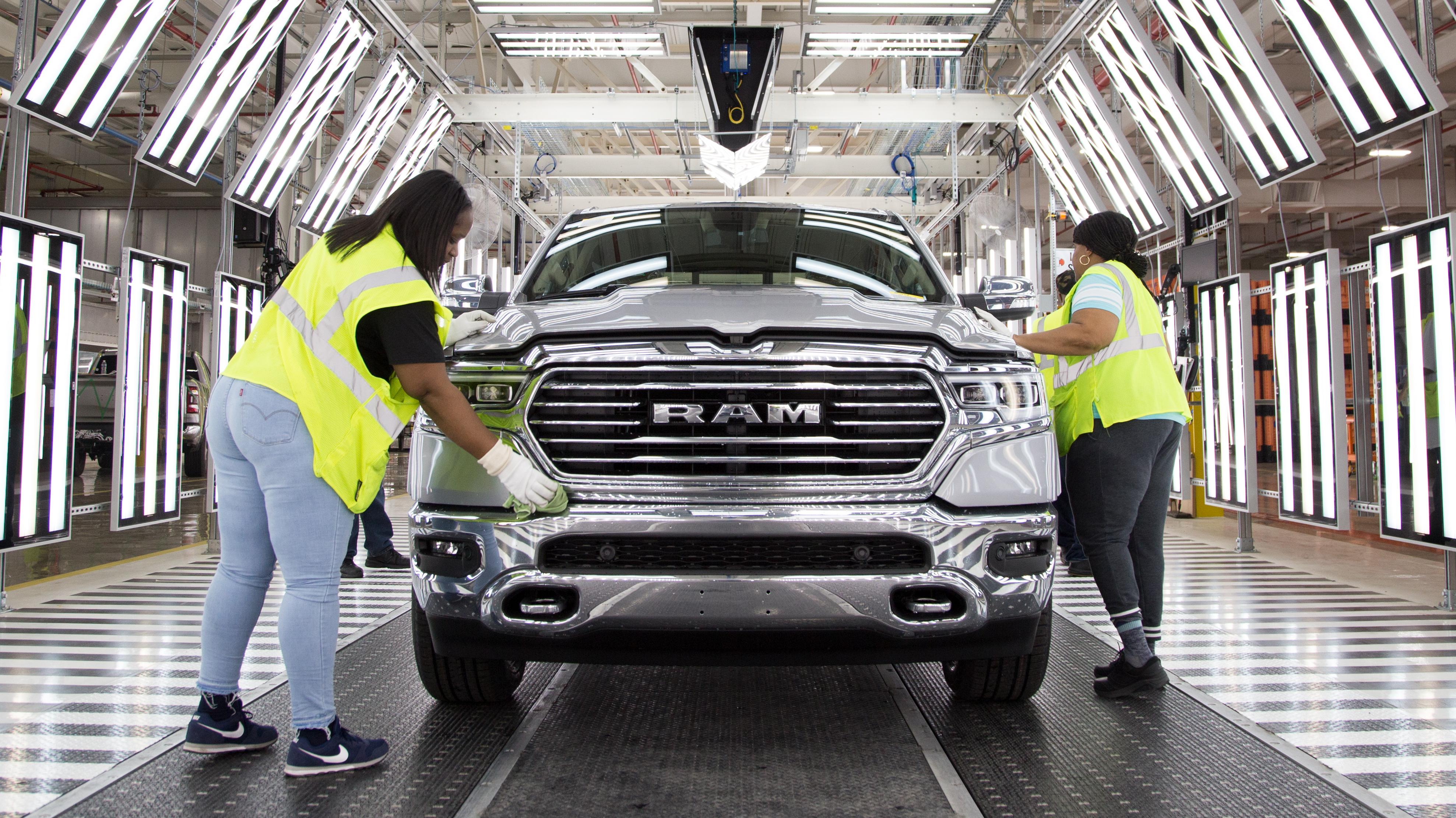
GM President Mark Reuss countered these claims, asserting that record profits have been reinvested in both electric and gasoline-powered vehicles. Reuss also deemed the UAW’s 40% pay raise demand as “untenable,” highlighting the wide gap in negotiation positions.
The automakers have proposed a 20% raise spread over 4.5 years. UAW members, critized that due to the Big-3’s CEOs getting a 40% increase in their wages during the last contract period, not including stock options. The union has also talked about how they are trying to gain back what they had also given up, during the 2009 bankruptcy for GM and Stellantis, saying that they sacraficed to allow the company’s to soldier through economic hardship.
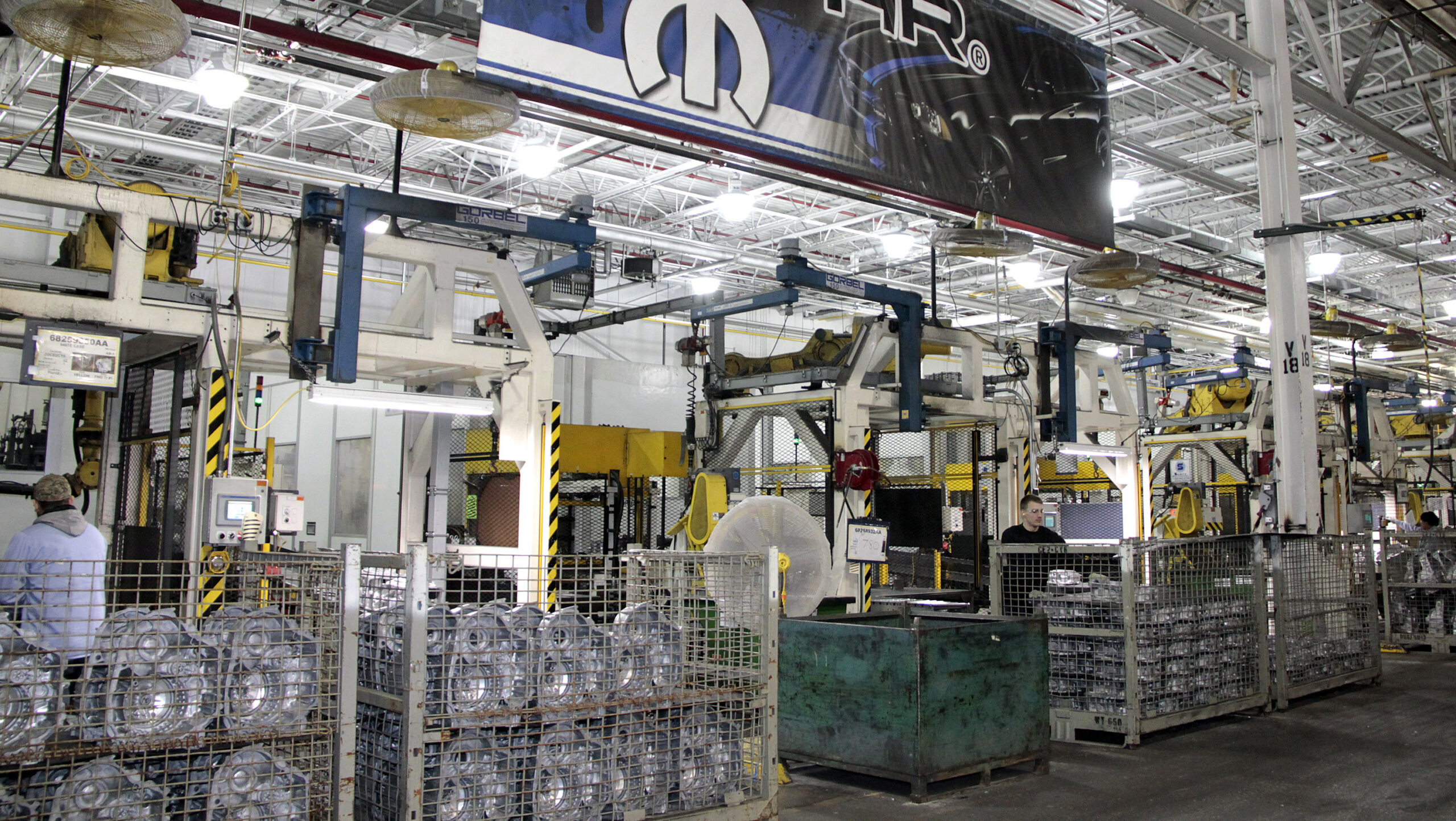
According to Fain, prices of domestic made vehicles have grown around 30% costing record profits for the Big-3. However, only about 4% to 5% of the total cost of the vehicle, comes from labor to assemble them.
The UAW also is pushing to eliminate the tiered wage structure, arguing it has led to significant disparities between newer and seasoned employees, forcing some to take on additional jobs to make ends meet.
Source: Reuters



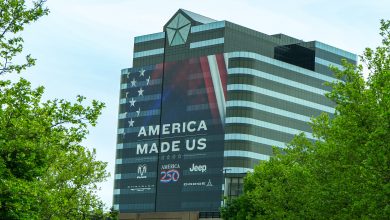
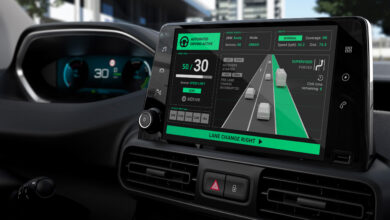
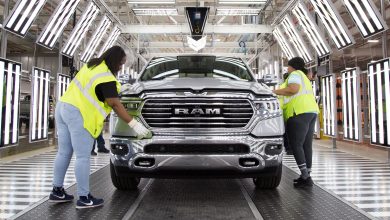
1 reply
Loading new replies...
Join the full discussion at the Mopar Insiders Forum →